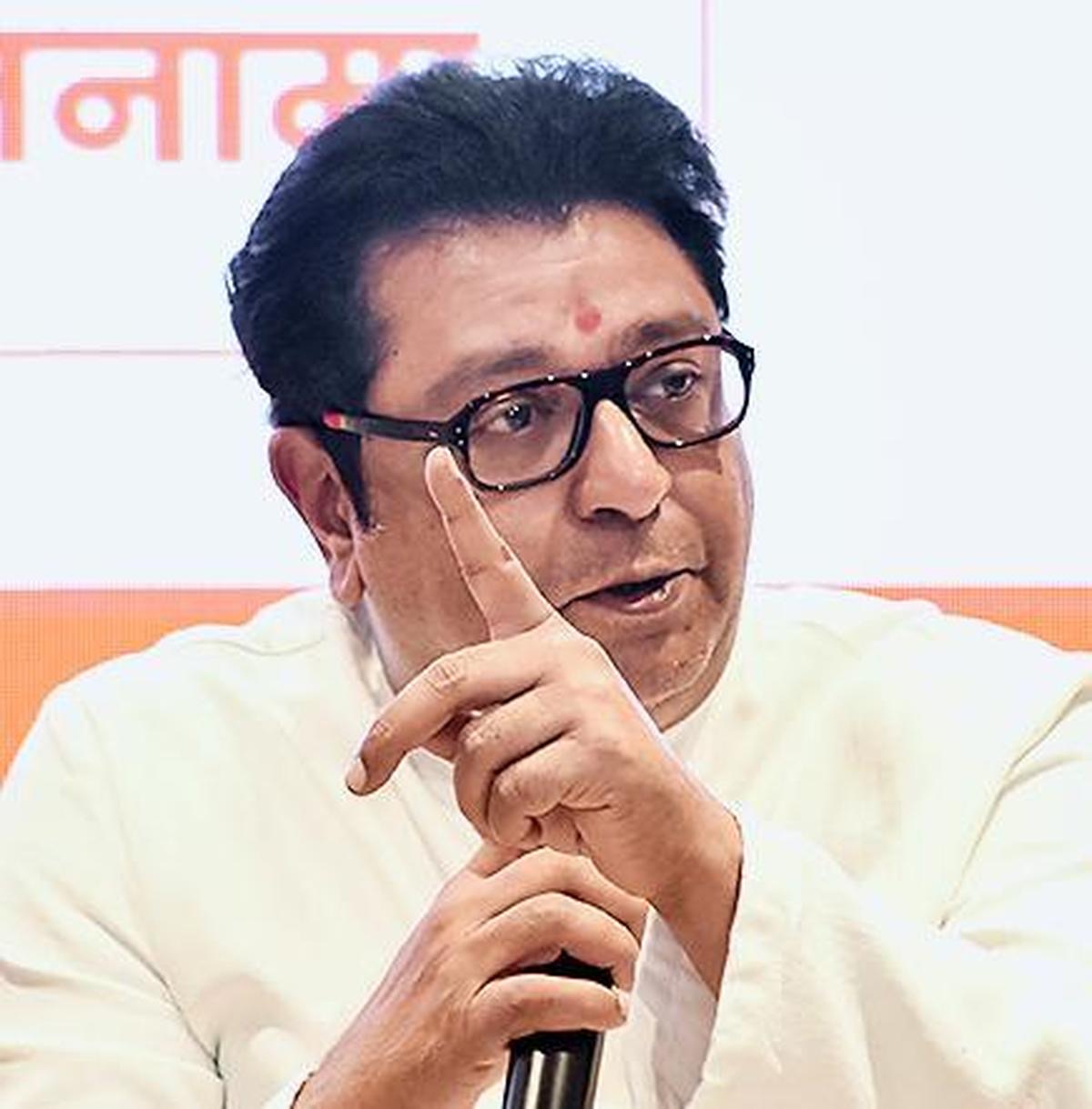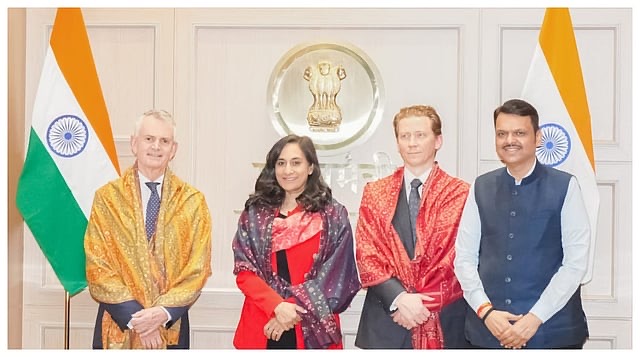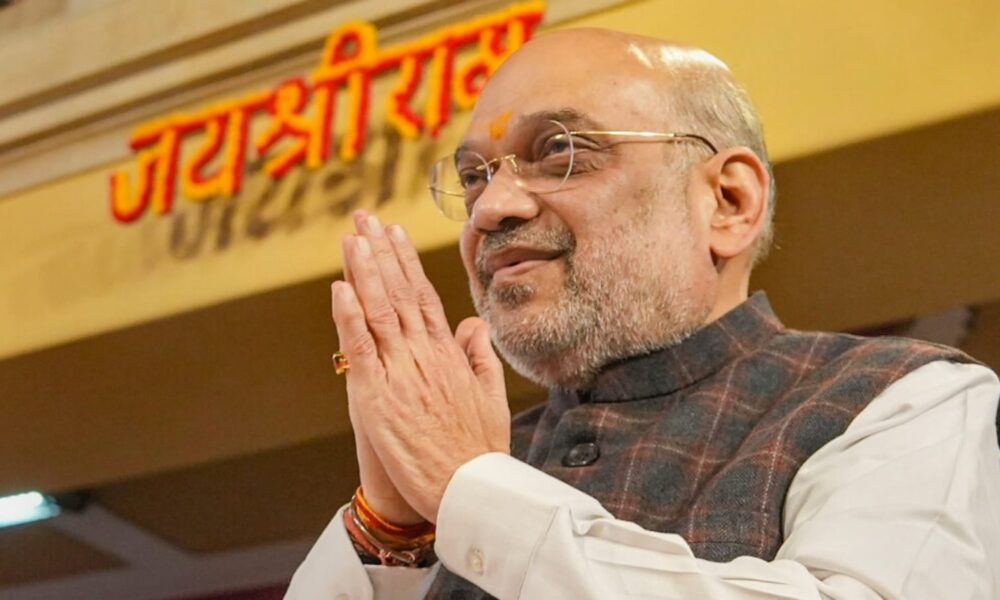Amit Shah emerges India’s longest-serving
Home Minister
The date 5 August is a big-day for BJP leader Amit Shah as he emerged as the longest-serving Home Minister. The date also coincides with the revoking of
Article 370 and surpassing the record of party veteran LK Advani. Shah played a key role in Art 370 revocation, which Advani had championed. Other than 370, curbing Naxal violence and spearheading the passage of the CAA are among the highlights of Shah’s stint.
Shah also oversaw criminal-law reforms
He feels happy with the government’s decision to revoke Article 370. It is a bold step towards strengthening national integration… I
August 5, 2025, marks six years since that landmark move by the Centre, with Home Minister Shah at the spearhead, which was a major push towards national integration by attaining “one nation, one Constitution” promise.
This comes even as speculations are rife that the statehood of Jammu and Kashmir might be restored, a move that may be seen as the culmination of the step towards national integration taken six years ago. If the buzz turns out to be true, it will mark the culmination of a journey for J&K.
This even as Shah marks a record, and as the Home Minister oversaw the fight against terrorism in J&K, which was bifurcated and turned into two union territories — Jammu and Kashmir and Ladakh six years ago.On August 5, 2019, Home Minister Amit Shah announced in the Rajya Sabha the revocation of Article 370, a constitutional provision granting special status to Jammu and Kashmir.
This move fulfilled a long-standing BJP promise, championed by ideological figureheads like Syama Prasad Mookerjee and Advani, to “fully integrate” the region with India.
Shah, in the Upper House, introduced the Constitution (Application to Jammu and Kashmir) Order, 2019, issued by then President Ram Nath Kovind, which superseded the 1954 order and applied all provisions of the Indian Constitution to Jammu and Kashmir without exceptions.
The presidential order used Article 370(3), which allowed the President to amend or repeal the article with the concurrence of the state’s Constituent Assembly. With Jammu and Kashmir under President’s Rule and no functioning state assembly, the Parliament assumed this role, enabling Shah to push through the resolution.
Amit Shah took charge of the Union Home Ministry in 2019. The then-Union Home Secretary, Rajiv Gauba, is also seen in the picture. (Image: PIB)
The Rajya Sabha passed it with 125 votes in favour and 61 against, followed by the Lok Sabha’s approval with 370 votes for and 70 against.
The subsequent Jammu and Kashmir Reorganisation Act, 2019, also introduced by Shah, bifurcated the state into two Union Territories, Jammu and Kashmir with a legislature and Ladakh without one.
News Edit KV Raman













